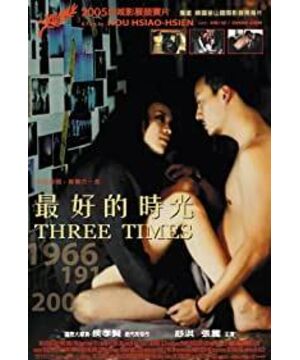There's always something appealing and patient magic about this slow-moving film. It may be because they are obscure, and it is impossible to see what the director wants to say at a glance, so there is a perceptual ending that waits for the clues to be revealed one by one and then joins them together in the mind. In this respect, it is more meaningful than a popcorn movie.
When I saw the second period, I stared at the subtitle of "1911" for a long time, and repeatedly compared the history in my mind. It was before the founding of New China, and it was the beginning of the last century. This jump is too fast and too far to be reflected all at once.
So the first two paragraphs have been worrying about what the director wants to say. In the end, what is the connection between these emotions, except for the actors or those two.
When the motorcycle came out in 2005, I realized that this is actually a slow and jumping film. Is the love dream very love? It can be argued. Does the dream of freedom care about freedom? A lot of it is about other things. Is the dream of youth just youth? More than that.
Just like writing articles in the past, I love writing prose. Because of lack of ability, he cannot write continuous and logical novels or elaborate argumentative essays. Prose is the best, because I think I can write what I can think of, jump from this little emotion to that, it has nothing to do with logic and reasoning.
The film is like real prose. It has a structure and a story, and can stand up to scrutiny, but the original intention of the film is not for you to reason, but to think that after you watch it, the brain's nerve reflexes recall the memories of the freedom of youth and love, and then there are emotions of your own.
That's enough.
View more about Three Times reviews









